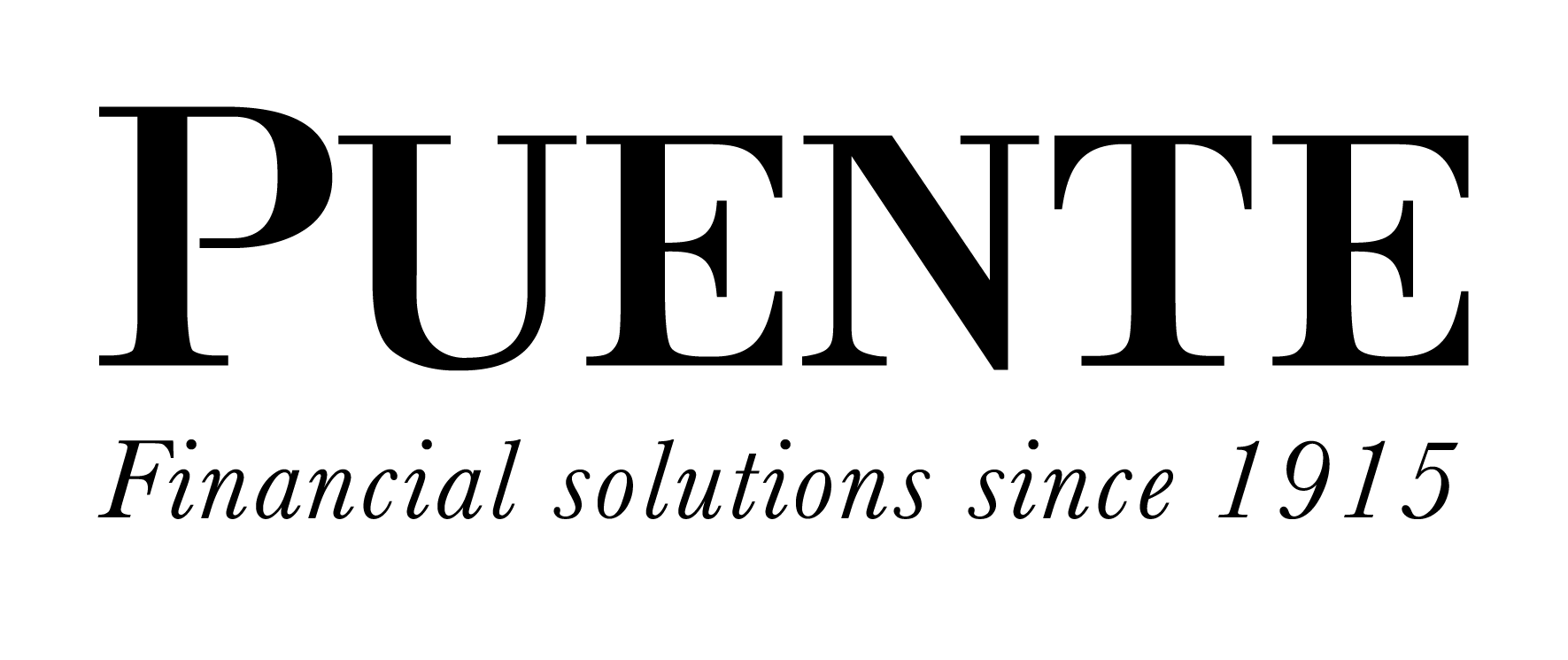EMTA Special Seminar - Argentina: Economic Outlook (NYC) - June 7
EMTA
SPECIAL SEMINAR
ARGENTINA: ECONOMIC OUTLOOK
Thursday, June 7, 2018
Sponsored by
Marriott Marquis Hotel
Manhattan Ballroom, 8th Floor
1535 Broadway (at 45th Street)
New York City
3:30 p.m. Registration
4:00 p.m. Panel Discussion
Juan Manuel Pazos (Puente) – Moderator
Pablo Goldberg (BlackRock)
Daniel Chodos (Credit Suisse)
Shelly Shetty (Fitch
Ratings)
Matias Silvani (Golden Tree Asset Management)
5:00 p.m. Cocktail Reception
Additional Support Provided by Credit Suisse, Fitch Ratings and Thomson Reuters.
Registration fee for EMTA Members US$95 / US$695 for Non-members.
We regret that this event is not open to the media.
Tough Challenges Continue to Face Argentina, Say EMTA Panelists
Just hours before the announcement of a tentative IMF Stand By arrangement for a $50 billion loan to Argentina, speakers at a special EMTA Seminar discussed the Argentine economic outlook. The event took place on Thursday, June 7, 2018 and was sponsored by Puente, with additional support provided by Credit Suisse, Fitch and Thomson Reuters.
Moderator Juan Manuel Pazos (Puente) started the session by asking what had sparked the sell-off in Argentine instruments. Speakers agreed that, while the lower risk appetite for Argentine assets had been aggravated by global factors such as recent dollar strength, idiosyncratic factors were also to blame. “The appetite for holding Argentine debt started to erode a long time ago…and the sell-off started before the US dollar rally in April,” commented BlackRock’s Pablo Goldberg.
Dan Chodos (Credit Suisse) noted that Argentina’s twin deficits, and dependence on debt issuance, left the country vulnerable to changes in global investor sentiment. Progress on tax and pension reforms had not been sufficient to convince the market of an adequate fiscal adjustment, and Central Bank inflation target and rate cut actions had disappointed investors, all despite the fact that “this is the best economic team [in Argentina] in sixty years.” Chodos cautioned that, “any rally will be short-lived, as people are still looking to get out.”
Fitch’s Shelly Shetty agreed that the earlier rate cuts, carried out when inflation was increasing, “was the first question mark” in the minds of investors. Dollar strength this spring led to “a fierce repricing of risk,” especially for countries with twin deficits. She observed that there has been political resistance to even a gradual fiscal adjustment.
Golden Tree Asset Management’s Matias Silvani declared that, “99% of what happened [to Argentina] was self-inflicted.” In addition to the Central Bank errors, other missteps included internal party criticism of utility price hikes. Silvani also expected portfolio outflows to continue, while suggesting that, “this situation brings good opportunities.”
Speakers discussed whether government actions to date were enough to stabilize the economy. In Silvani’s view, the government had provided more clarity on fiscal policy, but what remained lacking was greater certainty on future monetary policy. Shetty argued that rate hikes, and the adoption of a new primary deficit target were really just emergency measures, but that the “root of the problem is the fiscal deficit…if the IMF program gets the fiscal deficit down faster, that would be helpful.” She stressed that it was “critical” for the government to wean its dependence on debt issuance to finance its shortfall.
Recent actions had put the brakes on a bigger crisis, stated Chodos, who believed more progress would occur following the IMF deal. He anticipated that the IMF funding would cover financing needs for 2019 and perhaps 2020, and the conditionality requirements would push the government to achieve its financial targets. “However, the challenges ahead are still great—growth will suffer, the current account won’t adjust as fast as people think, and financing needs will still be large.”
Goldberg also stressed that the toughest work remained. “Getting social consensus for the fiscal adjustment-- this is the job that needs to be done,” he stated, specifying that social buy-in on how the adjustment would be borne was also a challenge, especially in an environment when even slowing the pace of pension increases (“not event cutting them”) had led to recent popular unrest. Goldberg described the Macri administration as facing four major tests—market reaction when the peso is fully floated, how quickly rates can be cut, wage negotiations, and the 2019 budget.
Pazos asked speakers to discuss their expectations for the IMF deal. Chodos reasoned that at least $30 billion would be necessary to get Argentina through 2018 and 2019, assumed that multilateral sources would not top $5 billion, and predicted a possible $10 billion swap line from China that could be used to support the peso. Silivani argued that the IMF targets must be realistic, and reasoned that a 1.5% primary deficit in 2019 was achievable. On the other hand, he warned that government officials might be over-optimistic in their growth expectations in the next couple of quarters.
Shetty commented that an IMF deal would put a floor on Argentina’s rating (B, stable outlook) and acknowledged that the country had made an important and timely move to seek IMF support despite the political cost. The medium-term effect of the deal on Argentina’s rating would be “execution, execution, execution,” and any setback could lead to downward pressures.